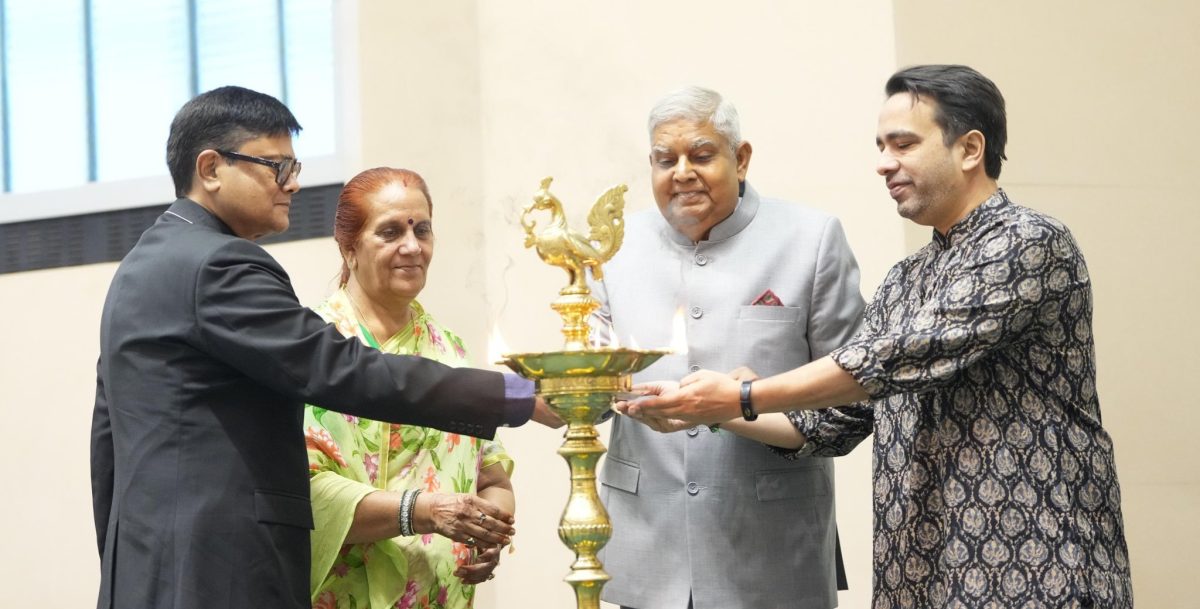The debate over the Waqf (Amendment) Bill has taken center stage in Parliament, with the government staunchly defending its proposed changes while opposition parties raise serious concerns about its impact on the Muslim community and religious institutions. The bill, which seeks to amend existing laws governing Waqf properties, has sparked intense discussions, reflecting deep-seated concerns over religious rights, property ownership, and government intervention.
 Government representatives argue that the amendment is necessary to streamline Waqf management, reduce bureaucratic hurdles, and curb alleged misuse of properties. According to them, the bill is aimed at bringing transparency and accountability to Waqf administration, ensuring that the properties are used for the welfare of the intended beneficiaries. They insist that the amendment does not seek to diminish the rights of any community but rather to protect these assets from mismanagement and encroachments.
Government representatives argue that the amendment is necessary to streamline Waqf management, reduce bureaucratic hurdles, and curb alleged misuse of properties. According to them, the bill is aimed at bringing transparency and accountability to Waqf administration, ensuring that the properties are used for the welfare of the intended beneficiaries. They insist that the amendment does not seek to diminish the rights of any community but rather to protect these assets from mismanagement and encroachments.
However, the opposition has strongly criticized the bill, calling it an unjustified interference in religious matters. Several leaders have voiced concerns that the changes could weaken the autonomy of Waqf boards, potentially allowing the government greater control over properties that have historically been managed by the community. Many fear that the amendment might pave the way for arbitrary acquisitions or restrictions that could erode centuries-old traditions and rights associated with Waqf endowments.
Beyond the political battle in Parliament, the bill has triggered apprehension among Muslim community leaders, scholars, and legal experts. Critics argue that Waqf properties hold deep historical, religious, and cultural significance and should remain under the stewardship of those directly connected to their maintenance. Some legal experts have raised questions about the constitutional validity of certain provisions, suggesting that they could be challenged in court if the bill is passed in its current form.
Public reactions have also been mixed, with many expressing concerns over how the bill might impact existing institutions such as mosques, graveyards, and charitable trusts that rely on Waqf endowments. On the other hand, some voices within the community acknowledge the need for better regulation and transparency, though they urge the government to ensure that reforms do not compromise religious freedoms or community rights.
As the debate continues, there is a growing call for wider consultations with stakeholders before any final decision is made. Given the sensitivity of the issue, many believe that a more inclusive approach—one that takes into account historical context, community concerns, and legal safeguards—is essential to ensure that the Waqf (Amendment) Bill serves its intended purpose without undermining the rights of those it aims to protect.




